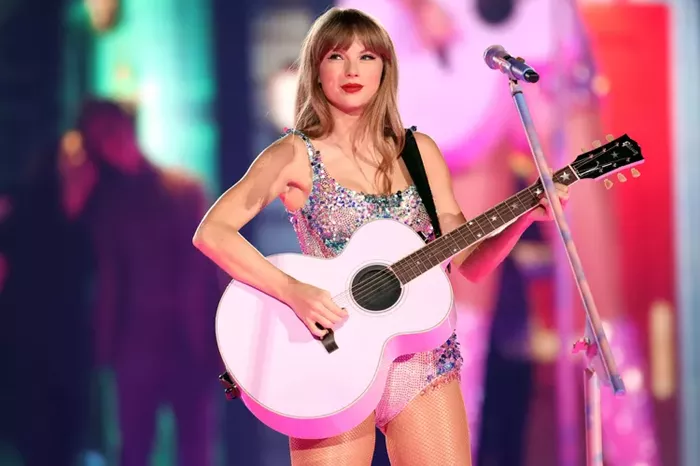Taylor Swift’s recent endorsement of Kamala Harris in the 2024 presidential election has fans and political pundits buzzing over whether America’s favorite pop star could influence voter turnout. Swift’s open support for Harris reflects a growing trend of celebrity involvement in politics, which can sway public opinion and, in some cases, inspire action among fans. However, many Americans remain skeptical of celebrities weighing in on politics, questioning whether such endorsements do more harm than good.
A recent YouGov survey sheds light on the mixed feelings Americans have about celebrity political endorsements. The poll reveals that only 11% of Americans say they’ve reconsidered a political stance because of a celebrity’s endorsement, and even fewer (7%) admit to backing a candidate due to celebrity influence. This suggests that while some fans are swayed, many Americans prefer that their favorite stars stick to entertainment rather than dive into politics.
Celebrity endorsements can be polarizing, especially among Republicans, who are more likely than Democrats to wish that celebrities stayed out of political debates. The same YouGov poll showed that 51% of respondents developed a negative view of a celebrity because of their political opinions. This backlash underscores the risk that stars like Swift take when they publicly endorse candidates, as it could potentially alienate segments of their fan base.
While some Americans see celebrities as an asset in political discourse, others believe their involvement actually harms American democracy. Among Democrats and adults under 45, there is a higher tendency to view celebrity political engagement positively, as these groups are more likely to appreciate public figures using their platform to advocate for social and political issues. In contrast, Republicans and older Americans often express concerns that celebrity opinions might drown out nuanced political discussions.
It’s not just the public that may be divided on this issue; celebrities themselves often face a career gamble when they decide to speak out. About 32% of Americans believe that taking a political stance can damage a celebrity’s career, while only 10% think it helps. Interestingly, younger adults (under 45) tend to see a political stance as potentially career-boosting, suggesting that celebrity activism may find more support in the digital age where younger audiences dominate.
Take Taylor Swift, for instance. Her shift to political advocacy over the past few years, which includes a significant endorsement of Kamala Harris, has only solidified her brand among her loyal followers. Her influence, especially among younger audiences, could mobilize a new wave of voters for Harris, with some political analysts speculating that Swift’s “Swiftie” fan base could have measurable sway in the election. However, not all fans are receptive to this, with some preferring their music icons to focus on entertainment rather than politics.
While Swift has generally received praise for her political transparency, not all celebrities have experienced the same support. When a political opinion doesn’t align with their fans’ values, celebrities often see a drop in popularity. The recent poll reflects this, with 51% of Americans reporting they’ve lost respect for a celebrity after learning about their political views.
So, does celebrity endorsement have a genuine impact on American democracy? According to the YouGov poll, many believe it does — but not necessarily in a positive way. Despite the occasional fan influence, celebrity endorsements often create more division than unity among the public. Still, stars like Taylor Swift, who continue to speak out, may be less concerned with the polls and more focused on advocating for what they believe in. And as younger voters become increasingly influential, the impact of celebrity activism on politics may be just beginning.
READ MORE:

